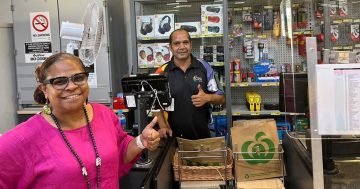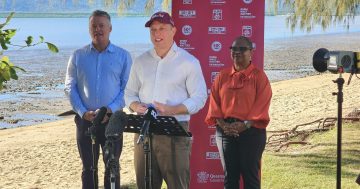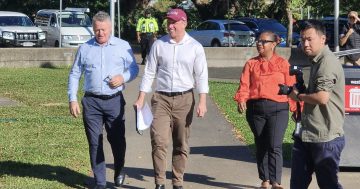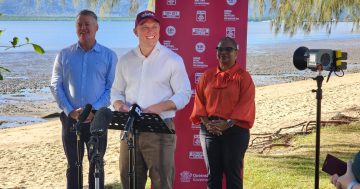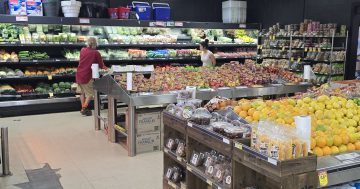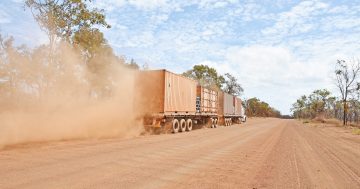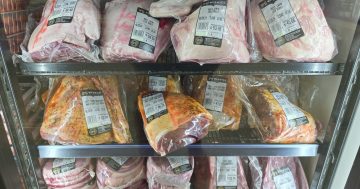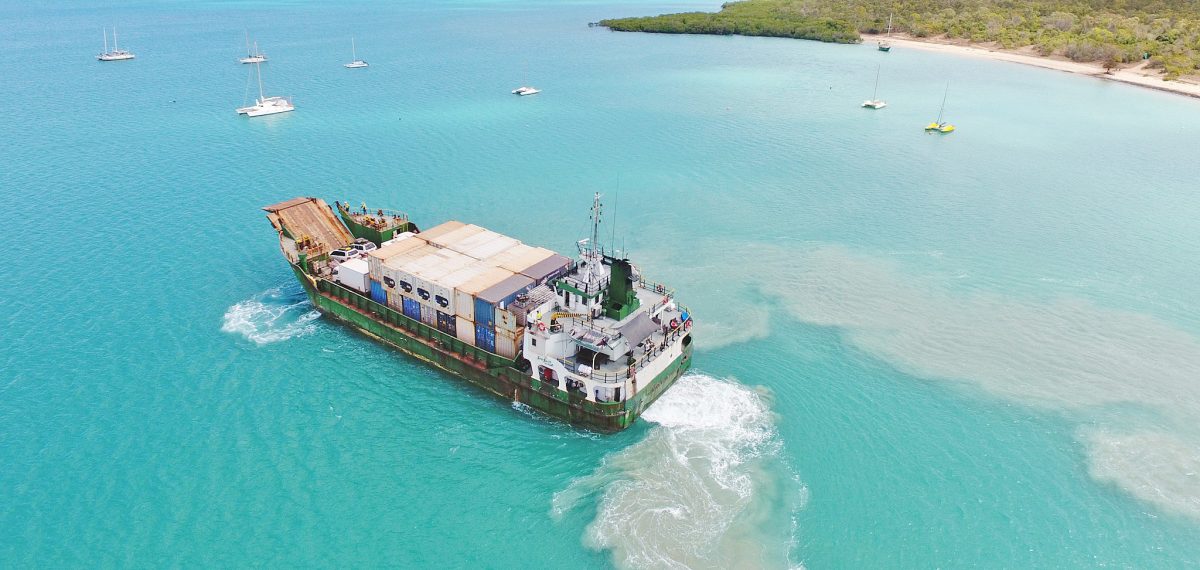
The Torres and Cape Indigenous Councils Alliance says the state government’s announced freight subsidy falls short of what is required.
THE organisation that pushed hard for a freight subsidy in remote Queensland has rejected the state government’s response, labelling it inadequate for the soaring cost of living.
The Torres and Cape Indigenous Councils Alliance (TCICA) this month voted to put the freight subsidy high on the agenda in a proposed meeting with Queensland’s cabinet prior to Christmas.
Last year, TCICA commissioned its own report to highlight the challenges of delivering freight into remote communities in Queensland and to investigate options for a freight subsidy.
The state government responded in April and promised it would deliver, committing $64 million over a five-year period.
However, when details came to light in September, the subsidy only accounted for a 5.2 per cent discount at the cash register – and only on “essential goods”.
Fuel and household freight were not included in the scheme.
TCICA chair and Kowanyama mayor Robbie Sands said that a 5.2 per cent discount was simply not good enough.
“We are already paying more than that when you compare our prices to city prices,” he said.
“That doesn’t even bring it back to level and many mayors are telling me that Sea Swift is putting their prices up by nine per cent, so the subsidy is already behind.”
TCICA members resolved to write a letter to the Premier, advising her of the challenges of living remotely and how affordable freight creates issues in many communities.
The councils resolved to:
“Advise the Premier of Queensland:
- That the 5.2 per cent discount on essential eligible goods, (as set out in the Minister for Transport and Main Road’s letter), will provide little benefit to Indigenous Communities which pay over 30 per cent more for essential groceries than the people in Brisbane;
- That as an example, that the mean Family Income of the Aurukun community is $40,820 compared $105,248 for Queensland as a whole;
- That the entire value of the subsidy will be taken up by the Sea Swift price increase of 8.9 per cent from September 2023; and
- That the subsidy needs to be indexed annually.”
The council also resolved to ask that “the state government, together with the Australian government, commit to and implement a Freight Equalisation Scheme, as set out in the TCICA report Far North Queensland Freight Equalisation Study”.
“This will demonstrate that both the Australian and Queensland governments are truly committed to Closing the Gap.”
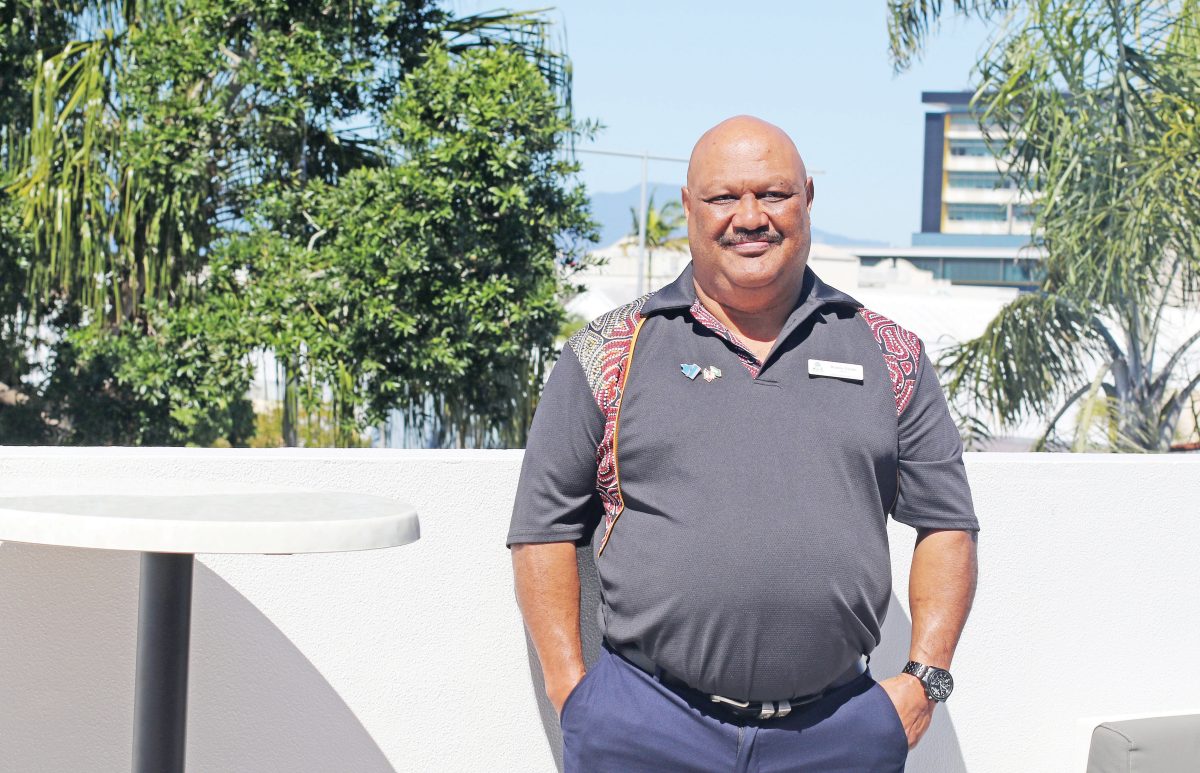
TCICA chair and Kowanyama mayor Robbie Sands says remote communities are going backwards when it comes to the cost of living.
Cape York Weekly reached out to Minister for Transport and Main Roads Mark Bailey for a comment, considering it is his Department that has overseen the freight subsidy rollout, due to start early next year.
However, Mr Bailey did not respond.
He is expected to be at Lockhart River this week, however, along with the Premier.
Lockhart River mayor Wayne Butcher said the councils wanted to see the full Deloitte study the state government commissioned to look at a freight subsidy scheme in the Cape York, Torres Strait and Gulf regions.
“We just want fairness when it comes to shopping for basic necessities like meat, fruit and vegetables and fuel,” he said.
“People in remote areas are earning less money than those in the cities, yet are paying higher prices for goods.
“TCICA will continue to push for a better freight subsidy.”


